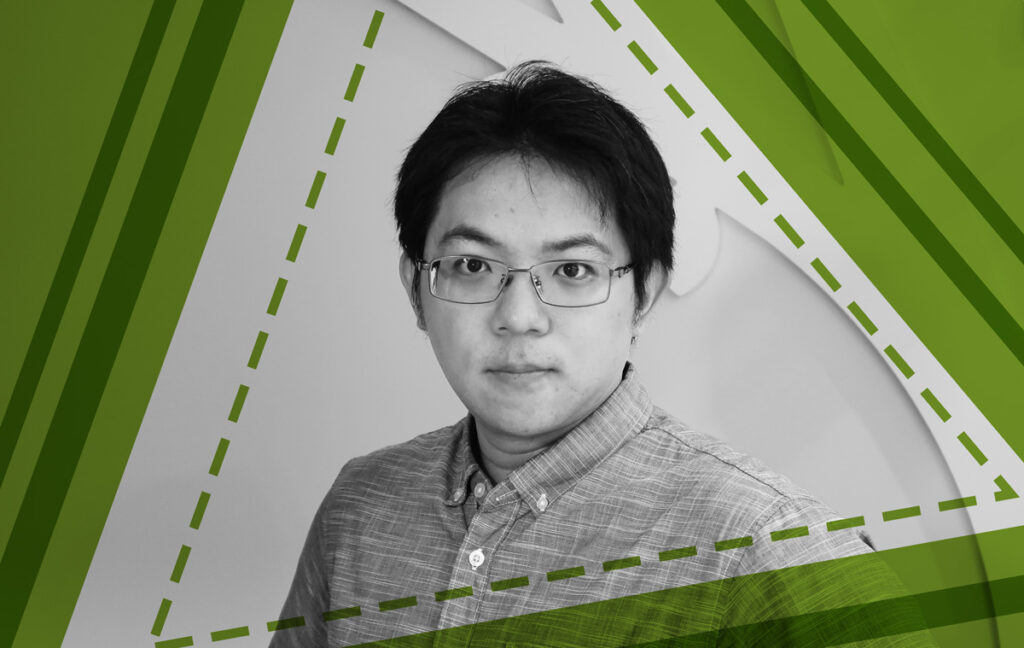19 February 2024 – EMBO Global Investigators embark on all kinds of different ways of networking and collaborations. For Cheng-Ruei Lee, one of the most memorable experiences saw him spending time at one of the world’s largest seed vaults at the National Agriculture and Food Research Organization in Tsukuba, Japan, to further his group’s research on the evolution and ecology of crops and their wild relatives.
“My team is interested in looking at the evolutionary genomics of the wild and cultivated varieties of crops such as mung beans,” says Lee, who is an associate professor at the National Taiwan University in Taipei. “We want to understand how, when, and where these crops were domesticated, the traits that made domestic varieties edible, and what has happened since. The work could help specialists to predict whether certain crops could be suitable for specific environments depending on genetic characteristics.
“My visit to Japan provided an opportunity to access fascinating seed samples, to explore aspects in detail, and discuss new ideas with experts in a wide range of different fields. I have always been interested in history and biology, and this work presents the opportunity to bring these two passions together and work to understand the bigger picture of crop domestication, something that is particularly important in responding to global challenges such as the climate crisis. As this work is international in nature, being an EMBO Global Investigator has been critical in facilitating interactions that can take our work forward: it’s been a tremendous experience so far.”



